This post may contain affiliate links. As an Amazon Associate I earn from qualifying purchases.
* * *
I consider myself an expert travel planner — I travel so often (and to so many different places) that I’ve gotten good at googling for exactly what I need and boiling things down. In fact, I had a rough outline of what I wanted my Kenya safari to look like in a short amount of time. But taking it from good to great… well, my Kenya safari planning quickly spiraled out of control. It’s almost as if the internet purposely wants to force you to work with a travel agent instead of making your own decisions.
Of course, that wouldn’t be any fun, would it?
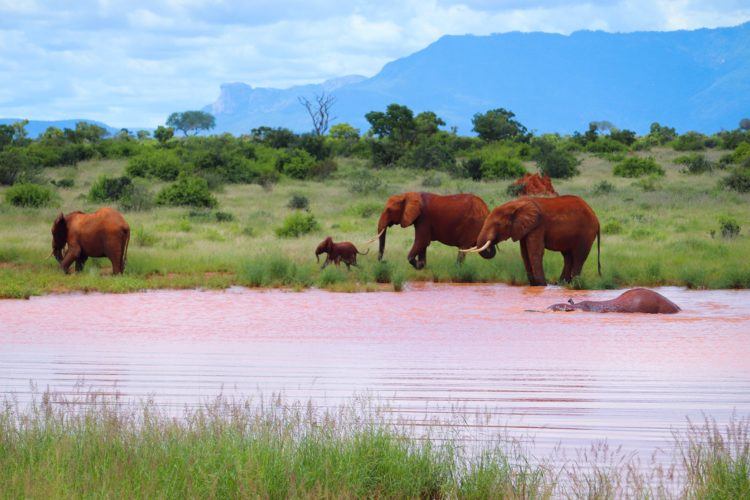
The Information Overload is INSANE
Perhaps because Kenya is such a major trip for most people (literally once-in-a-lifetime), it’s easy to overdo the research.
First, there are 24 national parks in Kenya to choose from. And that’s not even counting the national reserves or private conservancies! (Fun fact, the most popular place to safari in Kenya — the Masai Mara — isn’t even a national park!) Each place has different types of wildlife, which may vary by season as they migrate, and a dozen different lodges to choose from.
Then there are thousands of safari operators, tens of thousands of restaurants, and millions of opinions on which is “best”. At some point, you just have to tell yourself that you’re happy with what you’ve chosen and stop worrying about alternatives.
You Need a Really Big Map
When was the last time you bought a paper map before traveling somewhere? It’s been awhile, hasn’t it?
But if you’re Kenya safari planning, I’d highly recommend buying (or printing) a map you can write on. A standard 8.5×11″ print-out of the country won’t be large enough, so if you print it, make sure you’ve got it set to print in quadrants.
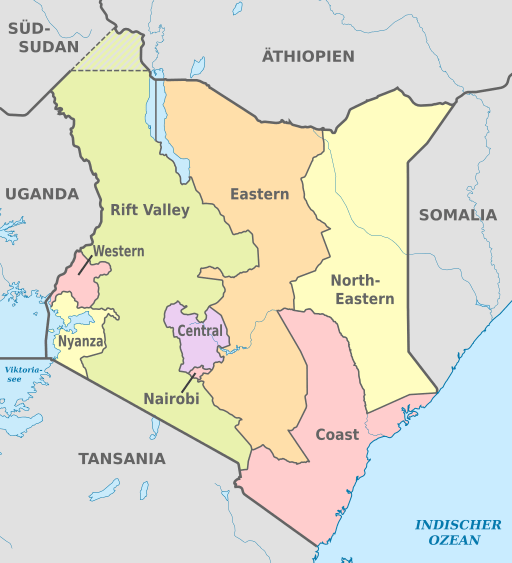
Here’s why: as you start researching where to go on safari, you’ll realize that each article or travel agency refers to places in different styles. One person might refer to a place as “Taita Hills Game Reserve”, one will say “Lumo Community Wildlife Center”, and another will say “Lion’s Bluff Lodge.” As you look them all up, label them on your map and you’ll realize these are all ways of referring to (essentially) the same place. Then a different safari operator will mention somewhere you’ve never heard of — “Sarova Salt Lick” — and you’ll realize that, too, is the same place.
If you can’t see all the names all in one quick glance, it’s harder to keep track of which place is which (and ultimately, where you want to go).
Do *NOT* Get a KATO Safari Quotation
KATO is an association of safari operators all bound by a code of conduct for high standards of professionalism, customer service, and responsible tourism (both culturally and toward wildlife/environment). A subset of members are also “KATO Bonded”, giving you a little more financial security if you send in deposits for your trip. Essentially, this is the gold standard of Kenyan safaris.
You can search members on their website if you’re looking for someone to package your vacation and/or drive you around, but please do not fill out their form to request a quotation from KATO operators.
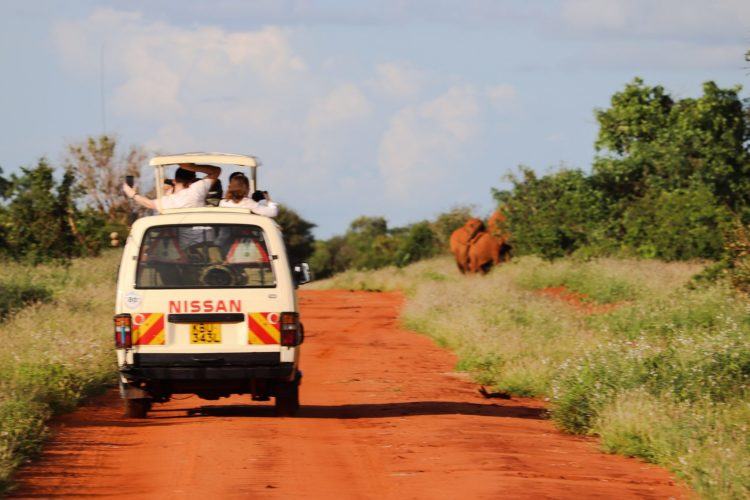
To me, this sounded like a great idea, to have operators reach out to me instead of having to find and email each one individually. But I got bombarded with emails afterward from way too many companies, each sending me options on where to go and where to stay, and then following-up, sometimes with major tenacity.
It’s way better to reach out to a few select operators than have to vet and communicate with 15 or 20 operators simultaneously.
We ended up working with PD Tours and Safaris. I communicated with Patrick in the office ahead of time (he’s patient, friendly, and answered all my questions) and our driver was Kenny. He was punctual, professional, fun to be with, a skilled driver, and a good wildlife spotter. They both got the sightDOING seal of approval and I 100% recommend this company.
After I left, my mom and sister continued on another safari with a separate company (Wildlife Sun Safaris). Their review was that their driver was best-in-class at spotting game, but consistently late for pickups and the van wasn’t in tip-top shape.
If you’re checking reviews, I personally preferred the Safari Bookings website instead of TripAdvisor, which seemed ripe with fake reviews.
Know What You Need to Know and What You Can Ignore
There are a lot of details you can probably ignore, at least on safari, because your driver and/or lodge staff will take care of everything for you. Automatically, your driver will know what time to leave one park to drive to another so that you can arrive before the lunch buffet closes down for the afternoon. Hotel staff will have recommended taxi driver phone numbers on speed dial. And it’s super easy to arrange popular day trips last-minute.
But the minute you want to do something unusual, forget it. I’m incredibly glad that I knew everything I needed to make my Kereita Waterfall hike happen because no one (and I mean no one!) had ever heard of it in Nairobi. I asked five separate people at my Naivasha lodge about going to Crater Lake and none of them knew what I was talking about, so thankfully I had the info on driving directions and hours.
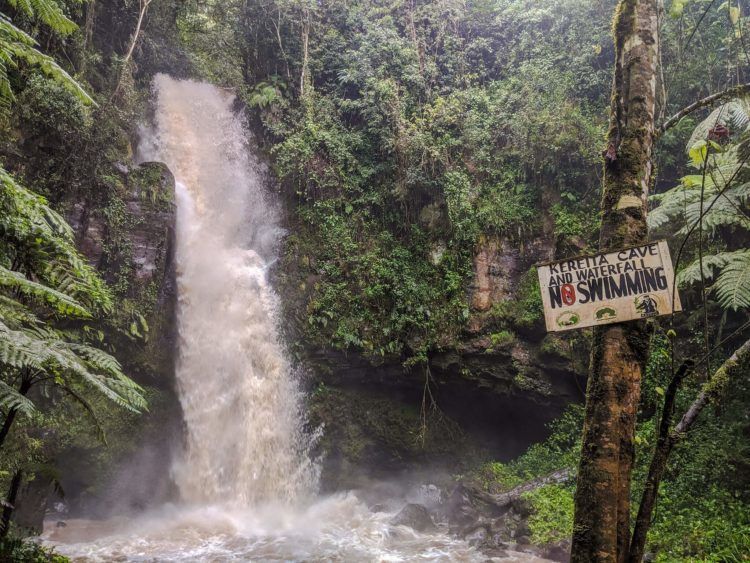
So basically — if you’re sticking to well-trodden itineraries and activities, you can relax. Everyone in Kenya speaks English and will go out of their way to assist you. But if you want to try something that you know isn’t common, you better google the heck out of it ahead of time.
Pay Attention to Seasonality
When you’re choosing between parks and lodges, limit your reviews to the time of year you’re traveling.
Seasonality is a H U G E factor in Kenya for weather, how thick the bush is, and where animals are. Most travelers prefer to travel in the dry season because the bush is thinner and wildlife congregates near watering holes, both of which make animals easier to spot.
Quick Overview of Kenya’s Seasons
- Dry Season: January and February + July through October
- “Long Rains” (expect downpours and potential flooding): March through May
- “Short Rains” (typically brief bursts of rain in the afternoon/evening**): November
- Green Season (most of the rain is over, but foliage is still thick and green): December and June
** Uhh, the short rains ended up coming with record-setting floods in Kenya in 2019. So maybe take this description with a grain of salt.
Don’t just look at “dry season” vs “rainy season” though…look month-by-month for each individual destination because in many cases that can make a difference (here’s where the information overload sets in). You’ll want to know more than just the weather: animals migrate throughout the country and aren’t necessarily in the same place all season long.
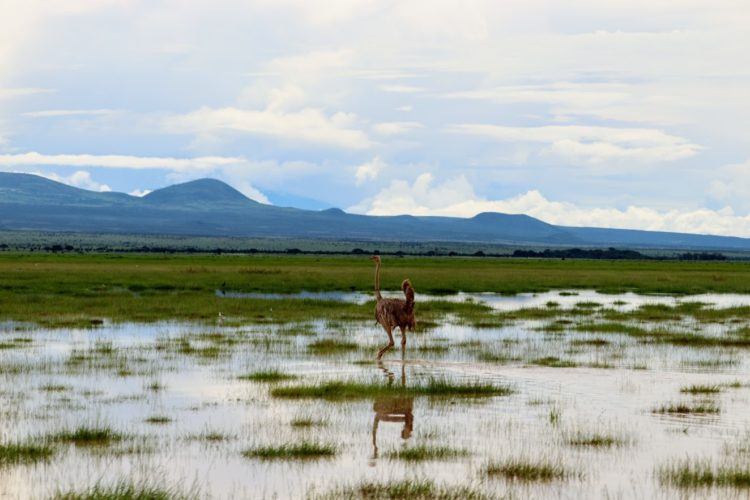
We chose one lodge specifically for the cool elephant sightings they’re known for — only to realize later on that the elephants aren’t there in December. I got too caught up with excitement to pay attention to the little details. We still had a good visit, but probably would’ve had an equally good (or even better) experience somewhere else.
It’s OK to Do Things Differently Than Everyone Else
Initially, I was a little disappointed when our safari driver told us we’d eat breakfast and then head out on our morning game drive. We’d miss out on 30 glorious minutes of early dawn activity, one of the best times of day for wildlife watching!
But ultimately, this turned out to be a great strategy: we let a line of 20 vehicles leave the lodge at the crack of dawn and then we’d depart once all the crowds dispersed. That meant no traffic jams along park roads, no dust (or diesel fumes) kicked up from a car in front of us and no need to share wildlife sightings with 2 or 3 or 10 other cars. No vehicles right behind of us spooking an animal so it would run and take cover in the bush. We could watch everything in peace and at our own pace.
There’s no way to know what we may have missed by not going at the first available minute. But I do know that we still saw amazing things and that it felt like a much more “wild” experience.
(For what it’s worth, many of our midday game drives were also excellent.)
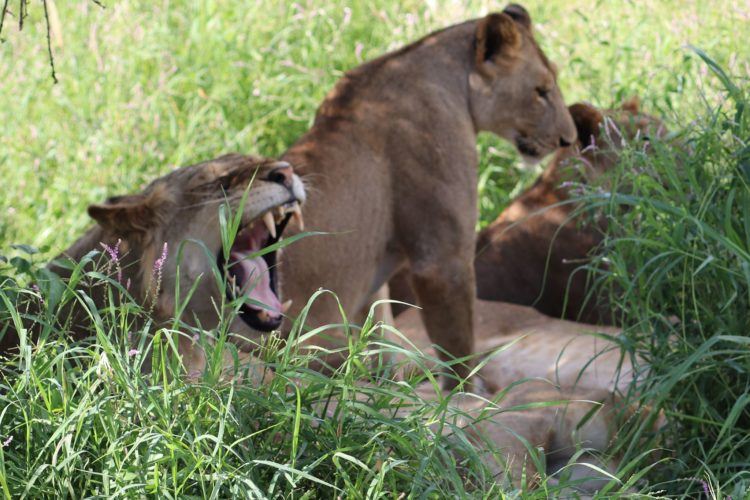
Trust Your Gut While Kenya Safari Planning
How long should you go on safari? If you haven’t been before, it’s hard to know what the right balance is to make sure you get enough animal sightings without getting antsy (safaris involve hours and hours of sitting in a car every day, either for game drives or long transport from place to place).
Based on my own personality, I guessed that I’d hit my limit somewhere between 4-6 days of game drives, but I wasn’t sure exactly where I’d fall. In the end, I booked a 5-day safari and that was just right for me — but my mom and sister knew they’d want more, so they ended up going on to two more parks without me after I left.
Their sweet spot was not the same as mine and that’s totally okay. Just know what YOUR personal preference is and plan accordingly (or be willing to compromise with your companions).
Do More Than Just a Safari!
My favorite place in Kenya was Lake Naivasha — an area that (yes) has wildlife, but not traditional game drives. Since there are no predators here, it’s safe for hiking, biking, and other activities. And again since there are no predators, the animals are less skittish, so you’ll see giraffes, zebras, and other animals at a much closer distance.
Kenya also has some lovely coastal areas (Diani, Malindi, and Lamu are your best bets; we chose Diani Beach), the Great Rift Valley, peaks like Mount Kenya, and a shocking number of golf ranges.
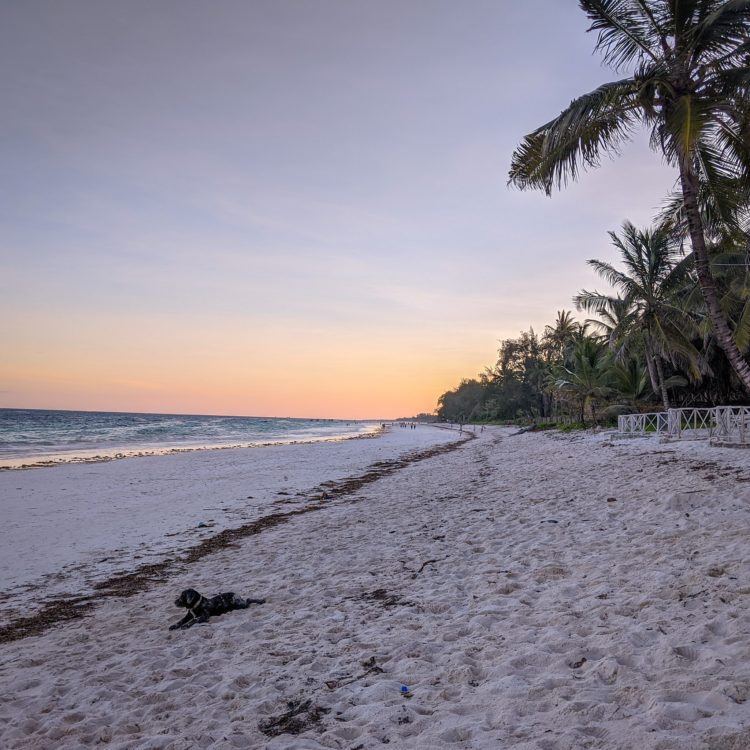
Plus, the city of Nairobi is entirely underrated in my opinion. I skipped all of its most famous attractions like the giraffe orphanage and elephant sanctuary and instead enjoyed great restaurants, live music and dancing, craft beer, and “normal” city activities with their own Kenyan spin.
Spend Where You Can
If there’s one thing that’s obvious while Kenya safari planning, it’s that this is not going to be a cheap vacation. For one thing, park entry fees are usually $50 or more, per person per day, and private conservancies can be double! Many lodges are pricey and you’re a captive audience when it comes to meals and drinks.
Before you get your heart set on anything, be honest with yourself about what your maximum budget is and what you prioritize. For us, having a private vehicle was a high priority, so we paid up for that rather than sharing with 3-5 other people. That meant we had to cut corners in a few other places, so we chose cheaper lodges on days when we knew we wouldn’t have time for anything other than a shower and sleep anyway. Other people may not have liked that solution: we didn’t always have hot water or air conditioning!
Don’t Book Hotels Directly
Every single hotel I booked on this trip was cheaper when reserving either through an online travel agency or through a local agent in Kenya. I saved 30% in Nairobi by booking through Trip.com, another 30% in Diani Beach by using Booking.com, and another 20% in Naivasha by booking through a local (human) agent.
>>>>> Related Post (and Video!): Why Booking.com Is My Favorite Hotel Reservation Website <<<<<
I don’t know WHY hotels discount rooms through channels other than their own website, but it was a definite trend. You should definitely shop around!
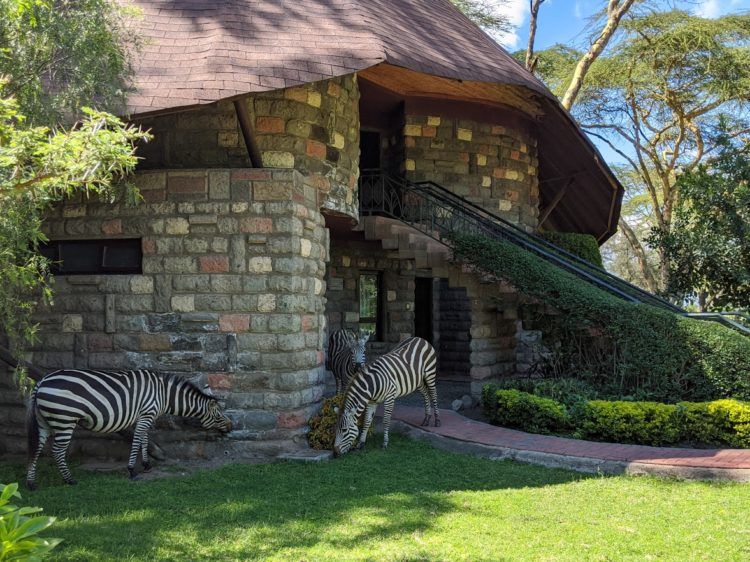
And on safari, you’ll get a discount by staying at hotels that your operator has business relationships with (these discounts do make sense to me…as if the operator is buying reservations in bulk). I’d stick with where your operator recommends unless you have a specific objection to that property.
Use the Underground Currency Exchange 🙂
I don’t mean a black market currency exchange like in Argentina — I mean a friendly, easy, super legitimate currency exchange that happens at practically every lodge.
Lodge staff, like luggage porters or bartenders, frequently get tipped in USD or euros instead of Kenyan shillings, but since park lodges are so remote, these staff members have no way to get to the bank and exchange their tips for usable currency.
That means they end up coming to guests and hoping to trade with you: they’ll offer you US $10 in exchange for 1000 shillings, for example (that’s a fair rate at the time of this publication; in fact, it’s slightly advantageous to you). If you can, trade with them; it helps them out and especially at the end of the trip, it’s a lovely way to make sure you don’t go home with unused shillings you can’t spend at home!
Since they earn almost exclusively in small bills, these staffmembers are also a great way to break large bills if you have them. They’ll gladly take your 1000 shilling note and hand over ten 100 bills so that you have small bills for tipping or tiny purchases where exact change is appreciated.
Remember that Kenya is Still a Developing Country
Perhaps because safaris can be a slick and seamless operation, or perhaps because everyone speaks English, or because some of the nicest places I’ve ever stayed were in Kenya…for some reason I kept forgetting that Kenya is NOT home.
For everything that runs smoothly, there will be three other things that are super inefficient and frustrating. I had to wait for a pre-reserved airport transfer instead of having them ready at the airport, buying a sim card was a 30-minute hand-written ordeal, we had to fight with one hotel to get a reservation refunded because the road to the lodge was washed out from mudslides and was literally inaccessible, etc.
Kenya is amazing, frustrations and all, but you need to go in with the mindset and expectations that things WILL go wrong and you’ll just have to patiently deal with them.
Stop Worrying About Seeing it All
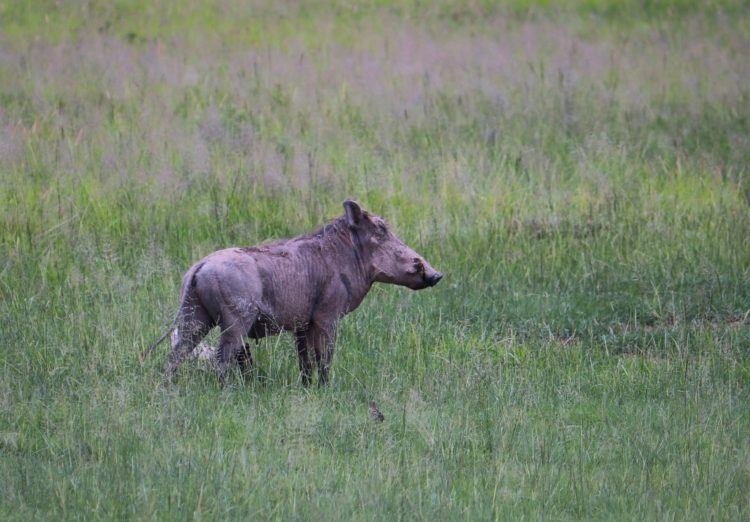
I tried so hard to give myself the “best” experience in Kenya because I really thought it would be the only time I visit.
Turns out, I loved Kenya — not just for the wildlife, but also the gorgeous scenery and super-friendly people I met. I’m not sure when I’ll go back. If you’re anything like me, you’ll get a second chance to see it all, so stop worrying about perfection and start thinking about everything you will see. My guess is that “good enough” will far exceed your expectations anyway.
Any other questions about Kenya safari planning?

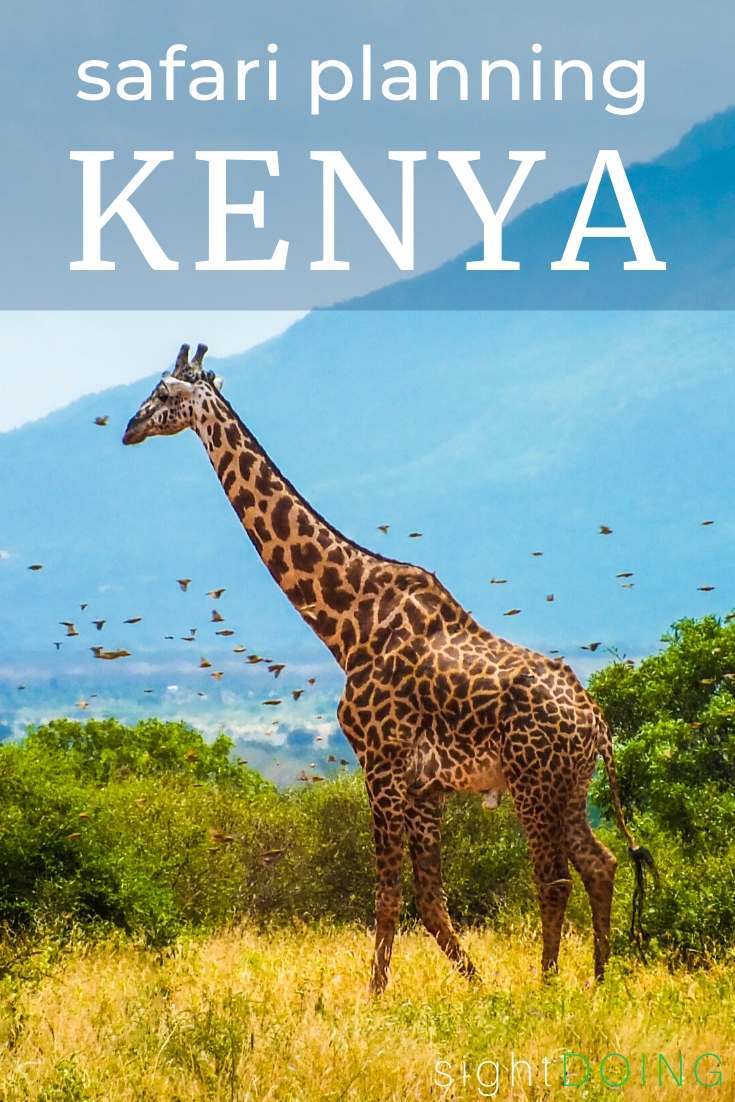
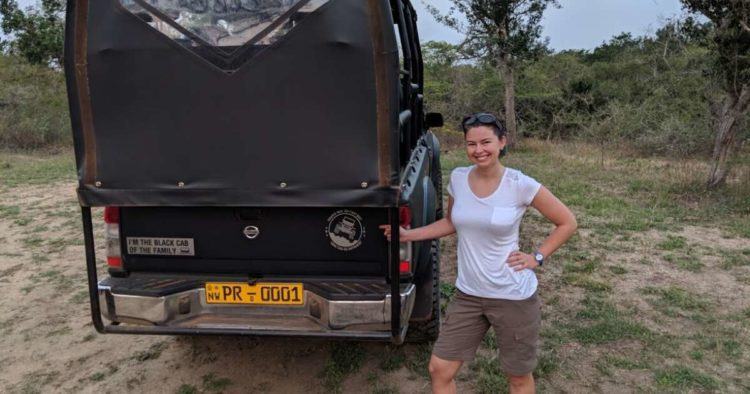
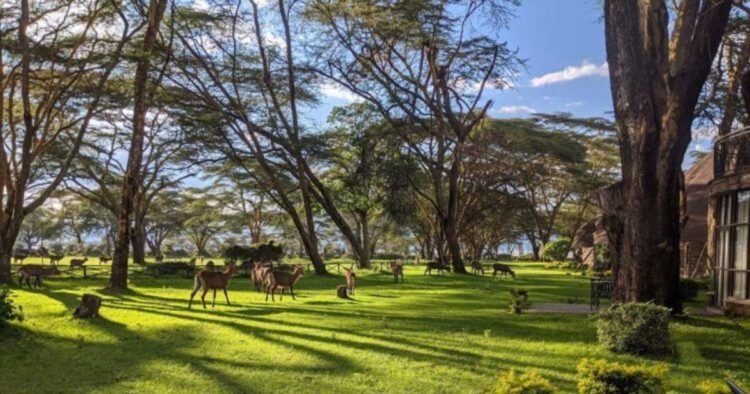
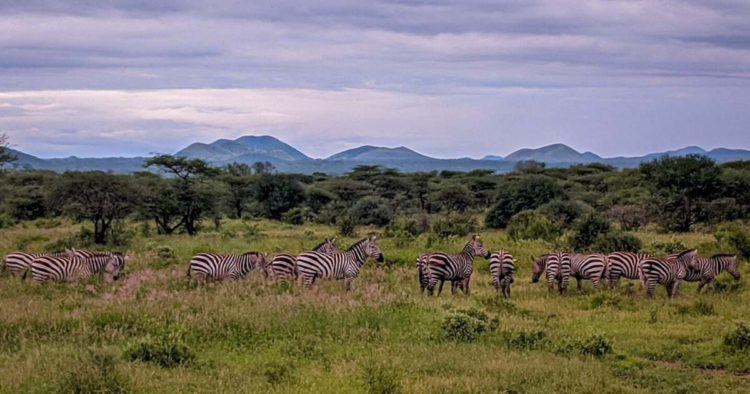
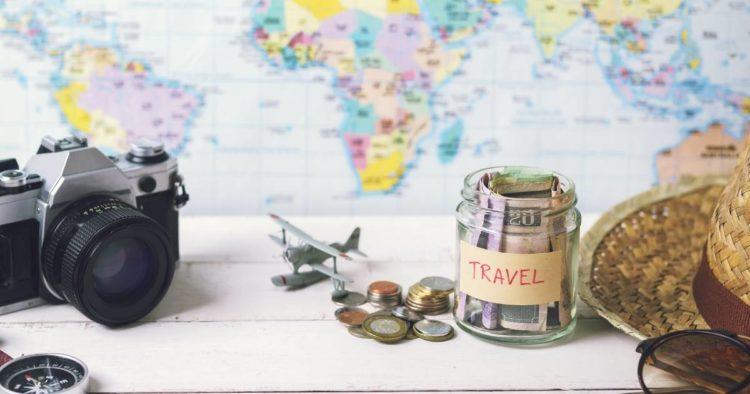
Fantastic article thanks for all the great info. Looking to safari in 2020 and this was a huge huge help!
@JC, Have you decided on Kenya? I thought it was great for a first-time safari!
Fantastic article
@Neil, Thanks! Hope you have a wonderful next trip to Kenya or wherever it may be!